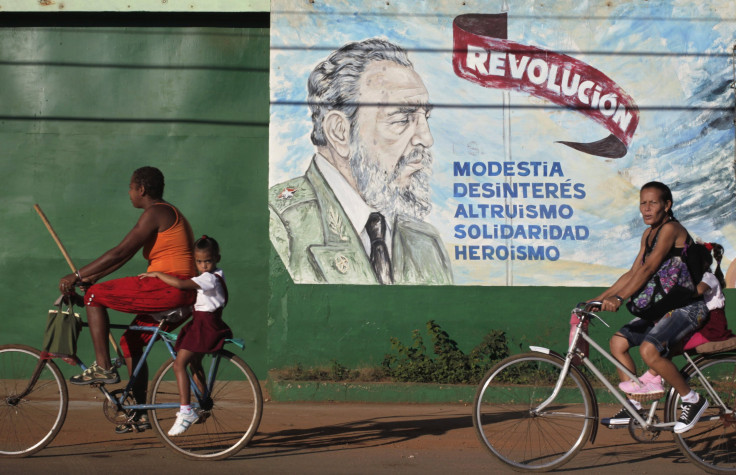
“Cuban Twitter” or Zunzuneo, the social media platform secretly funded and designed by the US government revealed by the Associated Press last week, is actually one of several such programs aimed at fomenting unrest and regime change in the island nation, a Cuban official said over the weekend. Juventud Rebelde – the paper produced by the Union of Young Communists – wrote in a report published on Sunday which cites Hilda Arias, director of mobile services for Cuba’s government telecommunications provider ETECSA, that Zunzuneo was “just the tip of the iceberg”.
The report names two more programs which it says were created by USAID, a US government humanitarian agency, with a similar end: Piramideo, a free service announced in June 2013 by the US Office of Cuba Broadcasting which allows users in Cuba to send a mass text message to a “pyramid” of multiple other users for the price of a single message, and Conmotion, a three-year-old program which offers music, movies and an array of other free games in what the paper describes as an attempt to establish a network of users who could later organize anti-government action by way of the platform, much like Zunzuneo was designed to do.
USAID spokesman Matthew Herrick told Reuters in an email that there was “nothing covert about either of these US government programs…USAID's appropriations are public information, and the Congressional Budget Justification describes the government's Cuba programs.”
The original program revealed by the AP last week, however, was indeed clandestine – USAID, it was found, funded the company through front bank accounts based in the Cayman Islands and Spain and even recruited executives who were unaware of the links the company had to the US government.
© 2024 Latin Times. All rights reserved. Do not reproduce without permission.